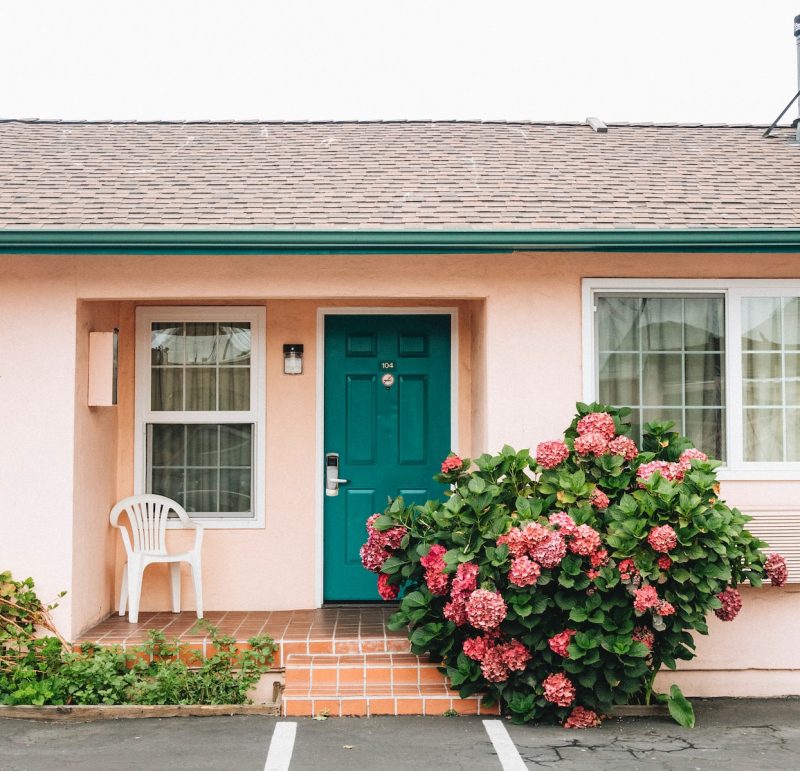As a property owner who hires a property manager, your responsibilities are fairly minimal. Your main responsibilities would be to make mortgage, property tax, and insurance payments. However, some property management companies may handle those payments for you, for a fee. Keep in mind that ultimately, these payments remain your responsibility, and you should not rely solely on the property manager to handle them.
Even with a property manager, you still have the ultimate responsibility for the maintenance and repair of the property. Leaving this responsibility solely in the hands of the property manager can have negative consequences. They may not take as good care of the property as you would prefer, leading to lower rents and deferred maintenance. Alternatively, they may overspend on repairs and eat into your profits.
Depending on how much you want or are able to do, you may also undertake some responsibilities. For example, you could approve tenants. This can be a critical responsibility as property managers may not always be as careful as they should be in selecting tenants. To ensure that your property manager is selecting good tenants, you could create a list of rental criteria and make the final selection from those who meet the criteria.
It’s important to note that selecting tenants involves many considerations regarding the Fair Housing Law. Your property manager should be well-versed in Fair Housing compliance, and if not, it could be a potential lawsuit waiting to happen. Additionally, you would need to approve any repairs or capital improvements over an agreed-upon amount. While the property manager may not need your approval for small repairs, they should always seek your approval for major repairs or improvements such as a new roof or exterior paint job.
What Are Property Managers Responsible For?
As a property manager, your main responsibilities include:
- Collecting rent from tenants.
- Taking calls from tenants and addressing any issues they may have.
- Arranging for repairs and ensuring they are done properly.
- Sending appropriate notices to tenants for late or non-payment of rent, violations of rules, etc.
- Conducting or overseeing evictions.
- Getting approval from the property owner for major expenses.
- Inspecting the property occasionally to ensure it is well-maintained.
- Providing an accounting of all money received and disbursed monthly or quarterly, and keeping a client trust account for owner money.
It’s important to note that state law regulates property managers in the same way it does for real estate agents, and every state has different regulations. Additionally, all responsibilities of the property manager should be agreed upon contractually between the property owner and manager.
How Much Does It Cost To Use A Property Manager?
If you’re considering hiring a property manager, you might be wondering how much it will cost. Typically, property managers charge between 5% and 10% of the gross rents as their fee. However, it’s important to note that some property managers may also charge additional fees for services such as advertising vacant units, property inspections, and repairs.
Before you hire a property manager, it’s important to ask about their fee schedule and what is included in their services. Be wary of property managers who get paid when the house is vacant, as they may be more focused on filling the unit quickly rather than carefully selecting a qualified tenant. It’s also a good idea to approve all tenants before they move in to ensure that they will take good care of your property.
Remember, the cheapest option may not be the best. Some property managers may offer a low “teaser” rate of 5%, but then charge additional fees for other services. On the other hand, a property manager who charges a slightly higher fee of 8% may include all necessary services in that fee, making it a better value in the long run. Be sure to compare fees and services from several property management companies before making a decision.
What Questions Should I Ask When Choosing A Property Manager?
When choosing a property manager, there are several important questions to ask in order to make an informed decision.
First, ask about their experience managing properties similar to yours. It’s important to find a property manager who has experience managing properties in the same area and with similar amenities to ensure they are equipped to handle any issues that may arise.
Next, ask about their fee structure and what services are included in their fees. Make sure you fully understand what you’ll be paying for and if there are any additional fees for services like advertising vacancies or arranging repairs.
It’s also important to ask for references from the property manager and to actually check those references. Ask the references about their experience working with the property manager, if they were responsive to issues, and if they were able to keep the property well-maintained.
Additionally, ask about their process for finding and screening tenants. You want to make sure they have a thorough process for selecting tenants who will take good care of your property and pay rent on time.
Finally, ask about their communication and reporting processes. You want to make sure you’ll be kept informed about the state of your property and any issues that arise.
Remember, you are entrusting your property to someone you don’t know, so it’s important to do your due diligence and ask the right questions. Don’t be afraid to ask for clarification or further information if anything is unclear. Choosing the right property manager can make all the difference in the success of your rental property.
What Expenses Can Be Deducted?
As a property owner, you can deduct all management expenses, repairs, and maintenance from your taxes. The interest paid on your mortgage, as well as property taxes and insurance, are also tax-deductible. Other expenses such as sales tax and property inspections can also be written off as business expenses. Once the property becomes rental property, you can also deduct its depreciation. It’s important to consult with your accountant to ensure you are aware of any potential pitfalls.
Wrapping Up
In conclusion, owning and managing rental property can be a profitable investment, but it requires careful consideration and planning. Hiring a property manager can alleviate some of the burdens of managing the property, but it’s important to ask the right questions and choose a reliable and trustworthy manager. Understanding your responsibilities as a property owner, as well as the tax benefits and potential deductions, is crucial for ensuring the success of your investment. With proper management and attention to detail, owning rental property can provide a steady source of income and long-term financial stability.









